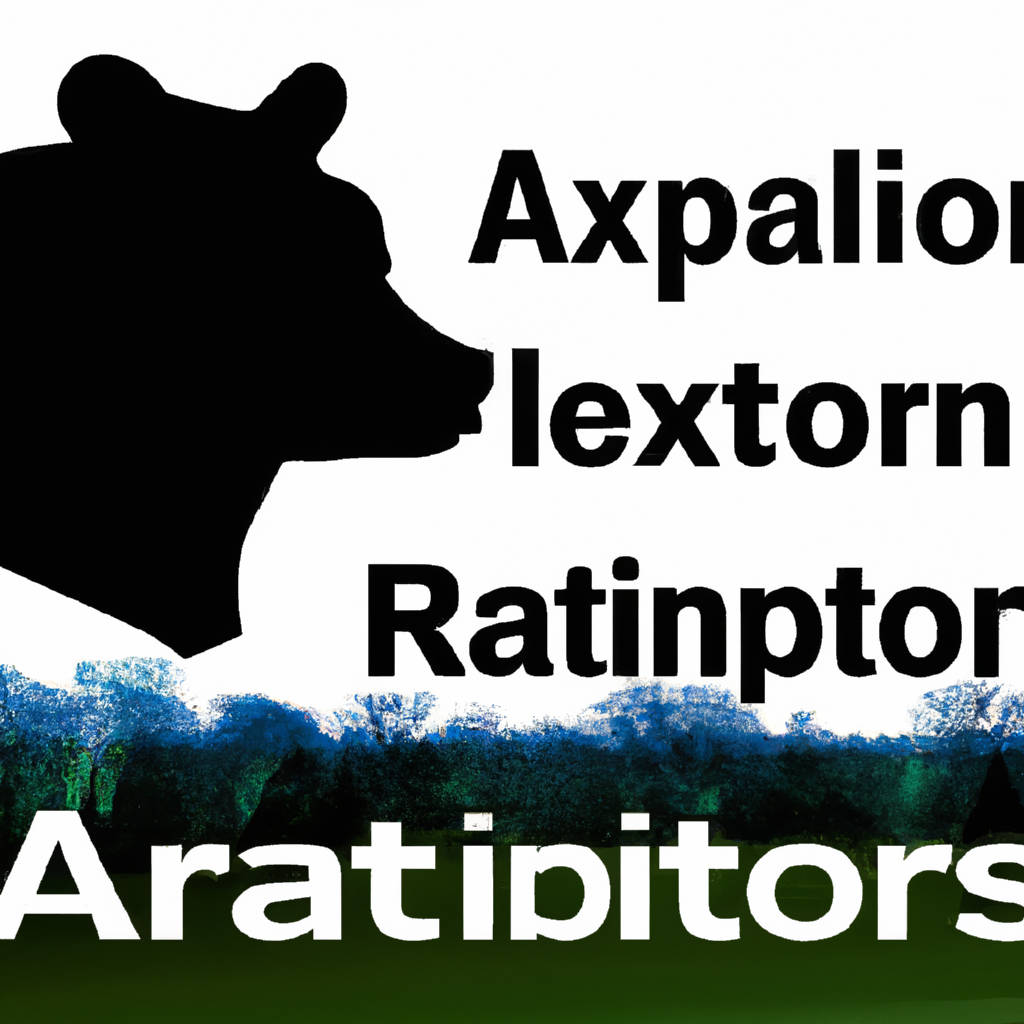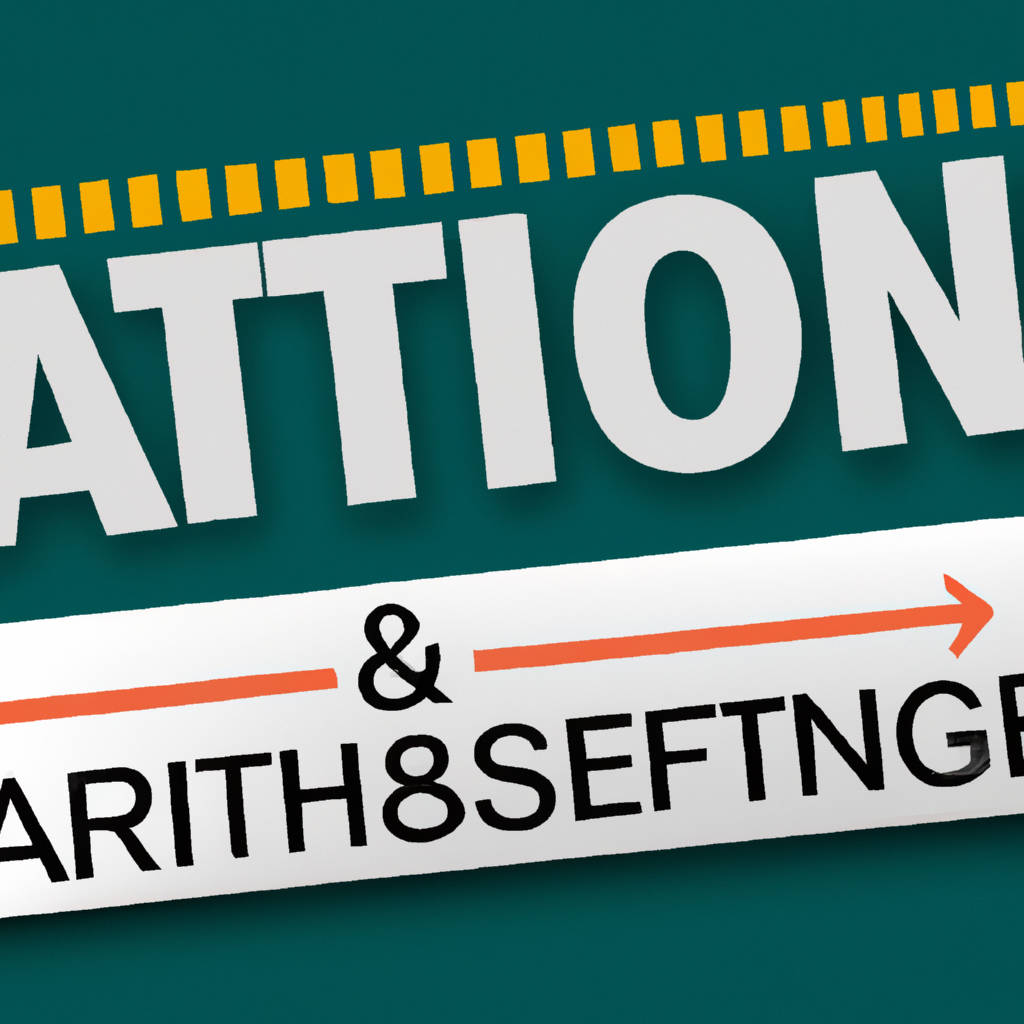The Chicago Bears, a renowned American football team, have been engaged in an ongoing dialogue with officials from Arlington Heights concerning a tax dispute over the Arlington Park. The dispute primarily pertains to the alleged financial obligations that the Bears should bear in terms of taxation for the famed park. The team is actively seeking a resolution that would be mutually beneficial to both parties and would cause minimal disruption to their operations. The crux of the issue revolves around the amount of tax the Bears are required to pay for the usage of the park. The team’s management argues that the current tax imposition is excessive and calls for a reasonable reassessment.
Meanwhile, the Arlington Heights officials remain steadfast in their stance, maintaining that the tax amount was agreed upon based on existing municipal guidelines and the perceived value of the park. Both sides are committed to finding a resolution, with a series of meetings and negotiations in progress. As a community anchor and economic powerhouse, the Bears’ management hopes to reach an agreement that respects the needs of the community, while simultaneously ensuring the financial sustainability of their team.
The ongoing discussions are being closely watched by other sports franchises and municipalities across the country, as the outcome might set a precedent for similar cases in the future. The Bears’ management has expressed optimism about reaching an agreement soon, while the Arlington Heights officials have also shown willingness to work towards a solution that is in the best interest of the community. The negotiations thus continue, with the shared goal of finding a resolution that will help ensure the long-term viability and success of the Chicago Bears, whilst also safeguarding the financial interests of Arlington Heights.

Property Tax Standoff: Where Do Things Stand?
The property tax standoff has become a significant issue in many cities and counties across the country. It’s a delicate situation that has left both homeowners and local governments in a precarious position. Homeowners are protesting high property taxes, asserting that they are too burdensome and making it difficult to maintain their homes. On the other hand, local governments rely heavily on these taxes to fund essential services, such as public education, infrastructure, and public safety.
The situation is currently at a standstill, with neither party willing to back down. Many homeowners are refusing to pay their taxes until a compromise is reached, and some are even threatening to move out of their homes. Meanwhile, local governments are struggling to maintain their services due to the lack of funds and are considering various measures to compensate for the loss, including raising other types of taxes or cutting down on services.
This standoff has caused a lot of uncertainty and tension in communities. Homeowners are worried about losing their homes, while local government officers are concerned about their ability to provide for the community. Some jurisdictions have tried to address the issue by reassessing property values and introducing more progressive tax rates. But these solutions have been met with resistance from homeowners who believe they are still being unfairly taxed.
In conclusion, the property tax standoff is a complex issue with no easy solutions. Both homeowners and local governments have valid concerns, and a compromise needs to be reached that is fair to all parties involved. However, until that happens, the standoff continues, with homeowners and local governments locked in a battle over property taxes.
Is Arlington Heights Still Involved in the Tax Dispute?
Currently, Arlington Heights remains embroiled in a tax dispute. This disagreement revolves around the issue of whether or not the municipality is being fair in its distribution and collection of taxes from its constituents. The main contention here is the belief by some individuals and businesses that they are being overly burdened with their tax obligations, while others feel they are not being taxed enough. This discord has led to a continuing debate within the community and has caused some to question the fiscal policies of the local government. The crux of the dispute lies in the assessment of property values and how these should be taxed. There is a perspective that the current system disproportionately impacts those with lower property values, creating a perceived imbalance. This ongoing issue has sparked much dialogue and a quest for a resolution that would appease all parties involved. Nonetheless, the dispute persists, and it remains to be seen how it will be resolved, and what impact this will have on the community of Arlington Heights.
Understanding the intricacies of this tax dispute is crucial for residents, as the outcome may affect their financial responsibilities and the future economic landscape of Arlington Heights. The local government contends that their actions are justified and necessary for the financial stability of the community, while those opposing voice their concerns about fairness and equity. This situation presents a complex challenge for the local authorities as they seek to find a balance between maintaining necessary revenue streams for public services and ensuring a fair and equitable tax system for all residents.

Impact of the Tax Issue on Arlington Park’s Future
The future of Arlington Park faces significant uncertainty due to the ongoing tax issue. The crux of the matter lies primarily in the property tax assessment that the park’s owners, Churchill Downs Incorporated (CDI), deems exorbitant and unsustainable. The impact it has on the park’s financial viability has been substantial, resulting in the owners considering a sale, which could potentially lead to the park’s closure or transformation into a different kind of establishment. This issue has sparked heated debates amongst various stakeholders, including local community members, horse racing enthusiasts, and the municipal government. The uncertainty surrounding the tax issue has made potential investors wary, which could further complicate the situation.
Furthermore, the potential loss of jobs and local economic activity, if the park were to close, adds another layer of complexity to the situation. Therefore, the tax issue does not only affect the park’s future but also has broader implications for the local community and economy. CDI has been lobbying for a tax rate review, arguing that the current rate is unfairly high and not in line with the park’s revenue. However, the local government argues that the tax rate is fair and is necessary for funding important public services in the area. This ongoing disagreement has created a stalemate, leaving the park’s future hanging in the balance. The resolution of the tax issue will be a key determinant of whether Arlington Park will continue its operations or face closure, potentially marking the end of an era for this iconic venue. Therefore, the tax issue’s impact on Arlington Park’s future is profound and far-reaching.
What’s Next for the Bears and Arlington Heights?
The future of the Bears in Arlington Heights is a topic that continues to stir up conversations among football enthusiasts and Illinois residents. The potential move of the Chicago Bears from their iconic Soldier Field to Arlington Heights has been met with both excitement and concern. The Bears’ current lease at Soldier Field, which runs through 2033, is a significant barrier to relocation. However, there are speculations about a possible buyout that may enable the move sooner. On the other hand, Arlington Heights, a suburban town, is reportedly eager to host the Bears. It is anticipated that the relocation could bring significant economic benefits to the suburban town, as well as an influx of tourists and sports fans.
The deal is not without its challenges, however. Infrastructure considerations, such as transportation and accommodations, are high on the list of potential issues. Arlington Heights would need to ensure there is sufficient infrastructure to handle the increased traffic and influx of people that would come with hosting an NFL team. Moreover, the environmental impact of the proposed new stadium is another crucial factor that needs scrutiny.
The Bears’ management has been relatively quiet about the whole situation, leaving fans and the public in the dark about their plans. The team’s decision will undoubtedly have a massive impact on the future of the franchise, the fans, and the communities of both Chicago and Arlington Heights. As the situation unfolds, the anticipation continues to build. Therefore, the question remains: what is the next step for the Bears and Arlington Heights? Only time will tell.

Community Reactions to the Proposed Settlement
Community sentiment towards the proposed settlement has been met with a wide spectrum of responses. There are those who are supportive of the resolution, viewing it as a necessary step towards closure and a means to bring about much-needed financial relief and restitution. These individuals often highlight the importance of moving forward and the potential benefits of the settlement, such as reinvestments into the community and the possibility of improving infrastructures and services.
On the other hand, there are those who express dissatisfaction or even outrage regarding the proposed agreement. They argue that the settlement does not adequately address the grievances or damages suffered, and may leave the underlying issues unresolved. These individuals often raise concerns about the fairness of the settlement, the distribution of the funds, and whether it truly serves justice.
There are also those who occupy a middle ground, expressing mixed feelings about the proposed settlement. They may acknowledge the need for resolution, but simultaneously question the terms of the settlement and whether it is truly the best solution. They worry about the precedent it sets and the potential for similar situations in the future.
Overall, the proposed settlement has stirred up a variety of strong feelings within the community. Many are engaged in active discussions, voicing their opinions and concerns, and advocating for what they believe to be the best course of action. Regardless of their stance, it is clear that the community is deeply invested in the outcome of this settlement, demonstrating their commitment to seeking justice, healing, and improvement for their community.
